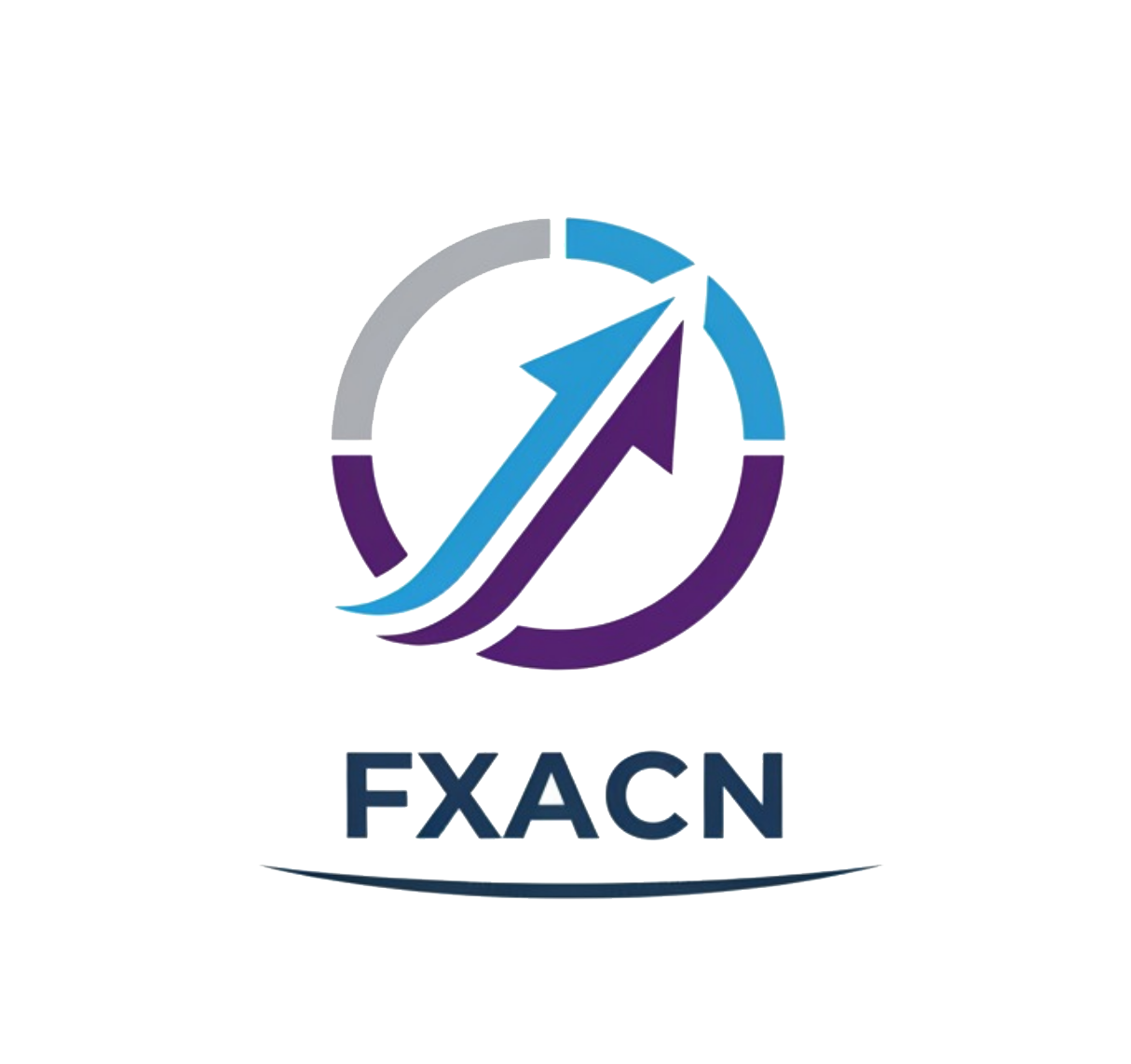Introduction
Robinhood is a well-known online brokerage that has revolutionized the investing landscape by offering commission-free trades for stocks, options, ETFs, and cryptocurrencies. Since its launch in 2014, the platform has attracted a large user base, particularly among younger, tech-savvy investors. As the popularity of trading platforms grows, it becomes vital for traders to carefully assess the credibility of brokers like Robinhood. This is crucial in today’s financial market filled with varying degrees of risk and profitability. Misleading practices or security vulnerabilities can result in significant losses for unsuspecting traders. Thus, investigating the legitimacy and safety of Robinhood involves looking at various factors, including regulation, company history, customer safety, and user experience. This article adopts a comprehensive approach, evaluating both qualitative and quantitative data to assess whether “Is Robinhood safe?”.
Regulation and Legitimacy
Understanding Robinhood’s regulatory framework is essential for evaluating its credibility. The brokerage operates as a member of the Financial Industry Regulatory Authority (FINRA) and is registered with the Securities Investor Protection Corporation (SIPC). These regulatory bodies ensure that brokerages adhere to fair trading practices and safeguard investor assets against potential losses due to brokerage insolvency. Investors’ holdings are protected up to $500,000, with a cash sublimit of $250,000. The following table summarizes Robinhood’s core regulatory information:
| Regulatory Body | License Number | Regulatory Region | Verification Status |
|---|---|---|---|
| FINRA | 135435 | United States | Verified |
| SIPC | N/A | United States | Verified |
While regulatory compliance is in place, Robinhood has faced scrutiny in the past for certain practices, such as the controversial “payment for order flow” model. This practice allows Robinhood to receive payment from third parties for executing trades, which raises concerns regarding potential conflicts of interest and whether investors get the best execution prices. The platform has been fined for misleading customers, indicating past compliance issues. Therefore, while Robinhood is regulated, the quality of regulation and compliance history raises questions about how well it protects its users.
Company Background Investigation
Founded in 2013 by Stanford graduates Vladimir Tenev and Baiju Bhatt, Robinhood was established with the mission to democratize finance. Initially designed as a mobile application, it offered a unique commission-free trading model that disrupted conventional brokerage practices. Over the years, the company has evolved, now accounting for millions of trades daily and boasting a user base of millions.
Robinhood went public in 2021, becoming a publicly traded company and thus increasing its financial accountability. However, the company’s rapid growth has accentuated challenges, such as how to manage a growing number of user complaints and backlash regarding its services during high trading volumes, notably during the GameStop trading frenzy in early 2021.
In terms of transparency, Robinhood generally provides access to its financial reports and regulatory affiliations; however, the company has faced criticism for not being upfront about its operational strategies and associated risks. Although the company actively communicates updates via newsletters and among community forums, this does not fully mitigate users’ concerns about whether Is Robinhood safe for investing.
Trading Conditions Analysis
The trading conditions on Robinhood are a mix of attractive features and concerning policies. The platform’s no-commission structure is ideal for casual investors looking to minimize trading fees. However, Robinhood’s costs are somewhat obscured, particularly in regard to its payment for order flow and how that may indirectly affect the costs of trading.
The table below summarizes key trading fees and conditions:
| Fee Type | Robinhood | Industry Average |
|---|---|---|
| Major Currency Pair Spreads | Variable | Variable |
| Commission Model | $0 | $5 (Average) |
| Overnight Interest Rates | 5% for Gold | 6-8% |
While Robinhood’s commission model is attractive, the brokerage incurs costs differently compared to traditional models. Users may not always receive the best prices for their trades, particularly during volatile market conditions. This has raised concerns and questions about whether Robinhood’s cost structure effectively benefits the investor. It’s essential for potential users to understand these aspects thoroughly, especially if pondering Is Robinhood safe as a brokerage option.
Customer Fund Safety
Regarding the safety of customer funds, Robinhood has implemented various protective measures. Customer funds are held in separate accounts, ensuring that if Robinhood were to become insolvent, clients would be returned their money. Furthermore, Robinhood is a member of SIPC, providing insurance on securities held in brokerage accounts.
Despite these security measures, Robinhood also encountered a massive data breach incident in late 2021, where the personal information of millions of users was compromised. Though no financial information was allegedly at risk, the event raised significant alarms regarding the robustness of Robinhood’s cybersecurity protocols.
The company has since made improvements, including introducing multi-factor authentication and encryption of sensitive data stored in its systems. Nevertheless, past incidents leave some traders questioning whether Is Robinhood safe concerning fund security and personal data protection.
Customer Experience and Complaints
Customer feedback regarding Robinhood has been mixed. Many users appreciate the platform’s ease of use and low-cost trading. However, common complaints include inadequate customer support, difficulty withdrawing funds, and lack of certain trading functionalities.
The table below summarizes key complaints and their severity:
| Complaint Type | Severity | Company Response |
|---|---|---|
| Customer Support Availability | High | Slow or lacking in responsiveness |
| Withdrawal Issues | Medium | Timely when escalated |
| Technical Glitches | High | Varies by issue |
For example, there have been reports of users unable to withdraw funds promptly, causing frustration. In some cases, users have experienced extended delays or outages during critical market events, leading to losses. These issues highlight the importance of considering user experiences carefully, as they directly reflect the platform’s reliability. Hence, potential users contemplating Is Robinhood safe should weigh these factors heavily.
Platform and Trade Execution
Robinhood’s trading platform is known for its user-friendly interface, which appeals to novice traders. However, it lacks many advanced features found in other trading platforms, such as customizable charts, advanced analytics, and comprehensive market insights.
Order execution quality has been a topic of discussion; Robinhood’s reported execution quality is approximately 95.62%, below the industry average. This can impact trading outcomes, especially for those engaging in high-frequency trading.
Risk Assessment
Evaluating the overall risks associated with Robinhood involves considering several factors. The risks can fluctuate based on whether users are novice or experienced traders.
The following risk assessment table summarizes key areas of concern:
| Risk Category | Risk Level | Brief Description |
|---|---|---|
| Regulatory Scrutiny | High | Historical fines raise concerns |
| Technical Failures | Medium | Outages and trading restrictions |
| Limited Customer Support | High | Difficulty in reaching support |
Potential users must exercise caution—especially those unfamiliar with trading—given the potential for significant losses stemming from the platform’s features. It’s imperative for new users to educate themselves on trading strategies and risks associated with volatile trading, particularly in a system like Robinhood that encourages less experienced traders to engage with high-risk instruments. Hence, questions of Is Robinhood safe should be at the forefront of their considerations.
Conclusion and Recommendations
In conclusion, while Robinhood offers innovative, low-cost trading solutions, several factors must be scrutinized before determining its overall safety and reliability. The platform is legally regulated, and customer funds are protected under SIPC guidelines. However, issues such as past regulatory fines, data breaches, and limited customer support raise red flags.
New investors may benefit significantly from using Robinhood, especially with its commission-free offering. However, for those looking to engage in advanced trading strategies or seeking robust customer support, alternatives may be better suited. Recommended brokers like Webull or TD Ameritrade may offer enhanced features without the concerns tied to Robinhood’s accessibility and transparency. Ultimately, whether Is Robinhood safe will depend on the trader’s knowledge level and risk tolerance. Understanding these factors will empower users to make informed decisions that align with their investment strategies.


